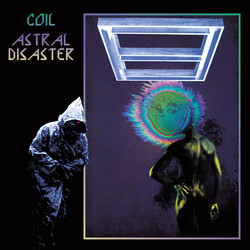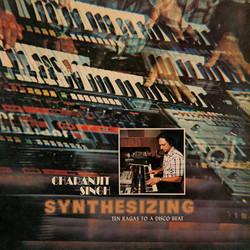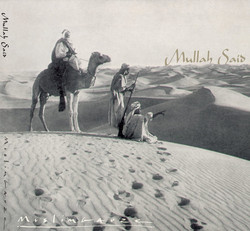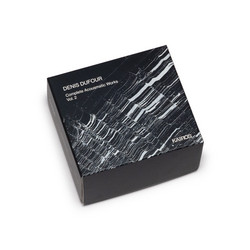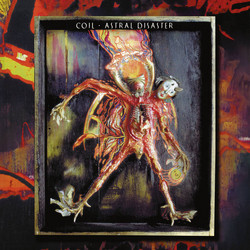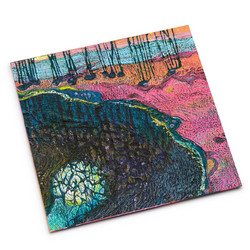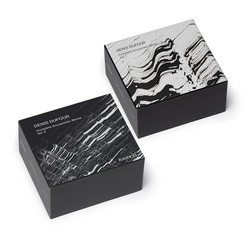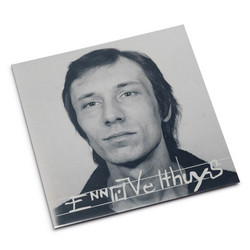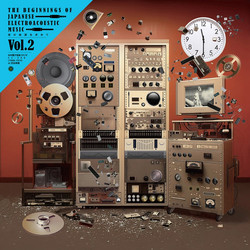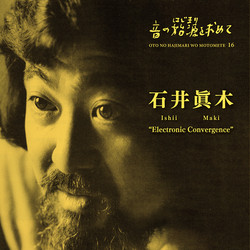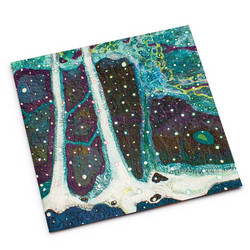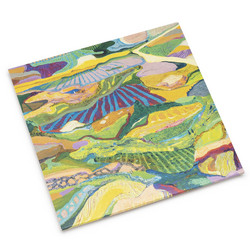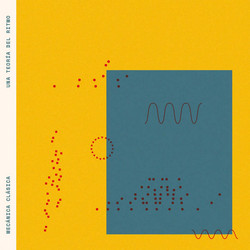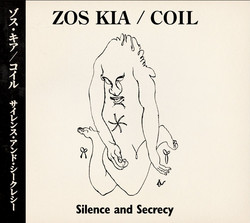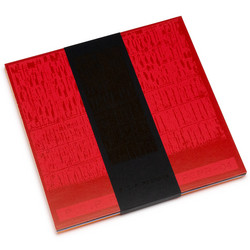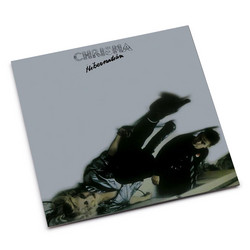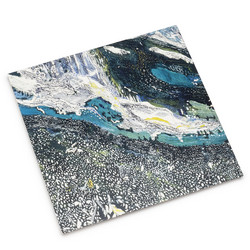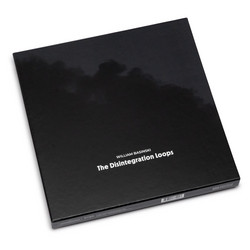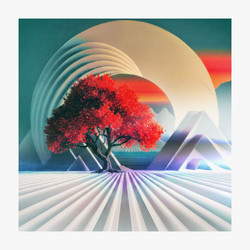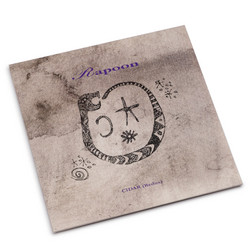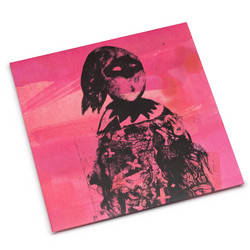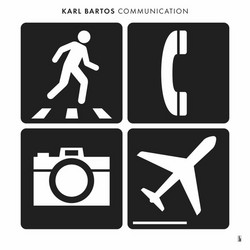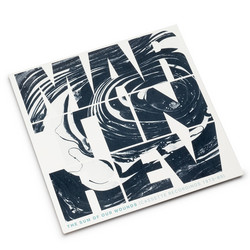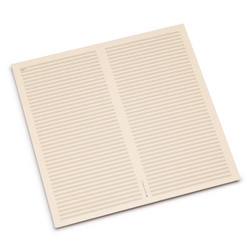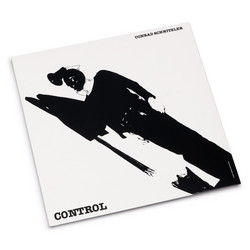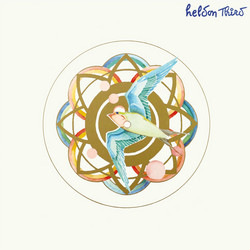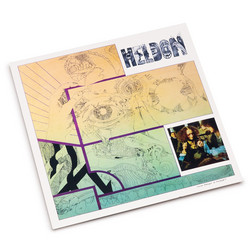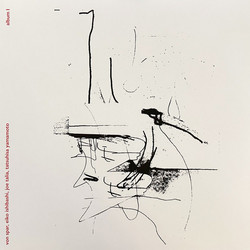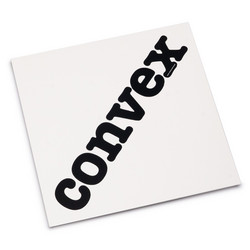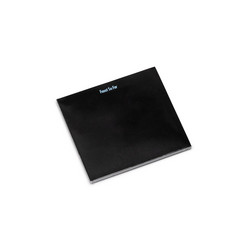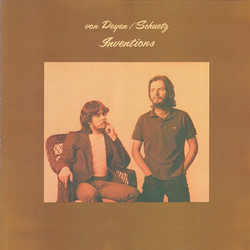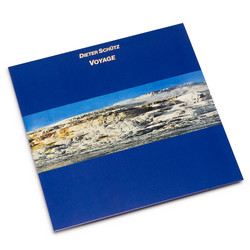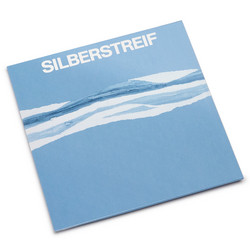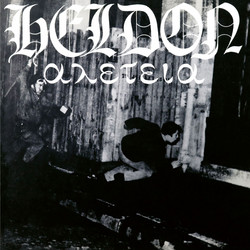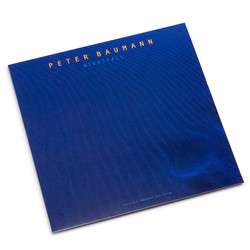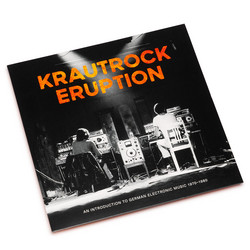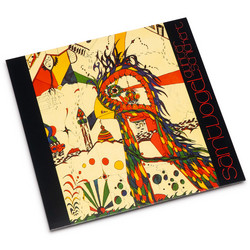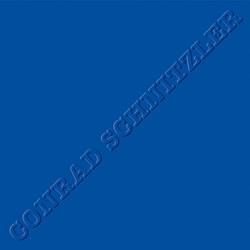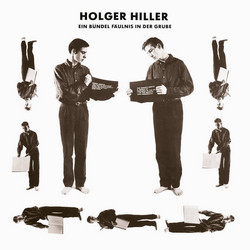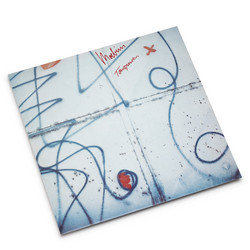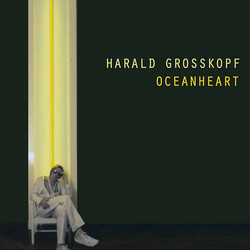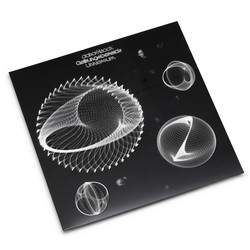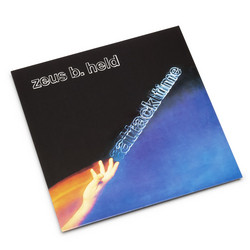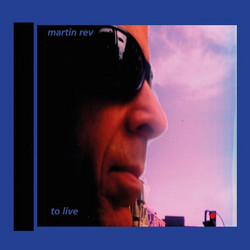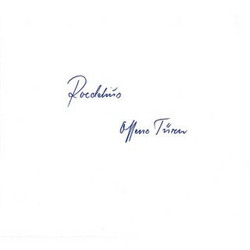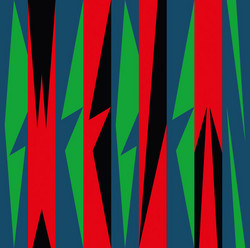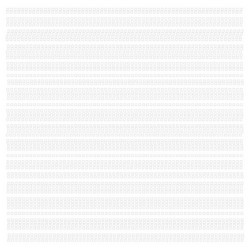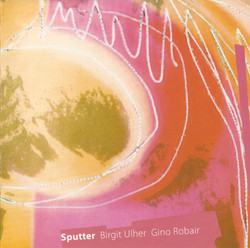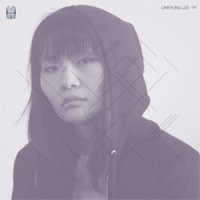LP version. Well-known as one-quarter of the "classic" Kraftwerk line-up, Karl Bartos' new album is an audio-visual sensation. Lost for many years, some of his early music has been re-conceived and re-contextualized in a thrilling modern setting. Here's the story: during Kraftwerk's heyday, Karl Bartos wrote -- off the record -- a secret acoustic diary. Based on his musical jottings (rhythms, riffs, hooks, sounds, chords, and melodies) this is what he has come up with today -- 12 brand-new, exciting, timeless songs. Many of Kraftwerk's most influential rhythms and memorable melodies were actually conceived in his home studio. They would later be used on an unstoppable succession of hits from the Düsseldorf band as they ascended to the lofty heights of popular music culture. As a major contributor to The Man-Machine(1978) and Computer World (1981), Bartos has had a decisive influence on Kraftwerk's music. Rolling Stone author Mike Rubin says of these years: "there's something timeless and universal about their songwriting of this period." The Kraftwerk team went on to achieve worldwide success and cult status: in 1982 "The Model" went to the UK's number one spot. The track has become a classic in the history of music, along with "The Robots," "Metropolis," "Neon Lights," "Numbers," "Pocket Calculator," "Home Computer," "Tour de France," "Musique Non-Stop," and "The Telephone Call." Kraftwerk have been one of the most sampled artists of all time, and there have been countless cover versions of their songs. In 2012, Kraftwerk performed a retrospective of this repertoire in the Museum of Modern Art, New York. Karl Bartos left the band in 1990. Subsequently, he became an independent producer and writer -- for his project Electric Music as a solo artist, and also together with fellow friends and musicians -- Bernard Sumner (New Order), Johnny Marr (The Smiths), and Andy McCluskey (OMD). In 2004 he co-founded the Master of Arts course "Sound Studies -- Acoustic Communication" at the Berlin University of the Arts (UdK), where he was a visiting professor, teaching Auditory Media Design up until 2009. For Off the Record, Karl Bartos has opened up his music archive for the very first time. He rediscovered and analyzed hundreds of tapes, piles of sheet music, and years of digital media. Inspired by his acoustic diary and adding his experience as a composer and producer, he has created 12 brand new songs -- written and performed with masterful skill. It took him two years to accomplish this original Bartos album: iron crystal music, vocoder newspeak, robot sounds, digital glitch, techno pop, catchy melodies, electronic avant-garde, roaring silence, futurism, and, of course, those rhythms. Rhythms of brutal, minimalistic impact as found on the much-sampled "Numbers" recorded three decades ago and described by Mike Banks of Underground Resistance as "the secret code of electronic funk."
